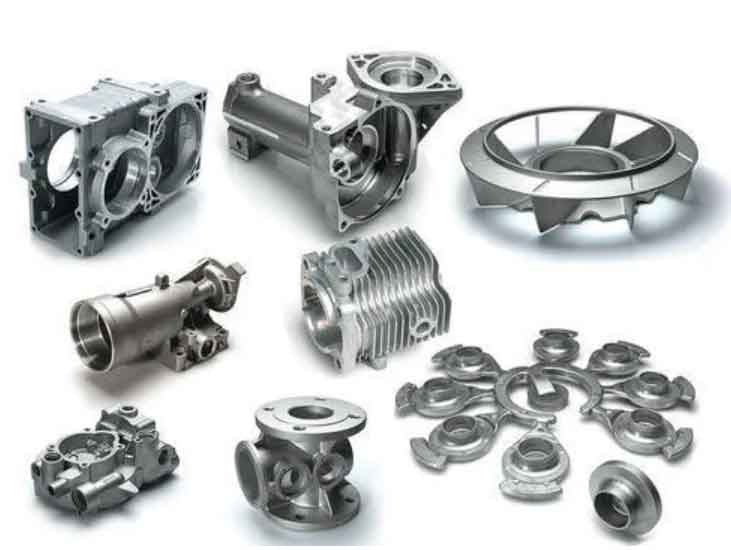
Resin sand casting offers remarkable versatility, accommodating a wide range of materials, alloys, and applications across various industries. This casting method’s adaptability makes it suitable for producing intricate and complex components as well as large-scale industrial parts. Here’s an exploration of the versatility of resin sand casting:
1. Materials:
- Ferrous Metals: Resin sand casting is widely used for ferrous metals, such as gray iron, ductile iron, and steel. These materials are prevalent in automotive, machinery, and construction applications due to their high strength and wear resistance.
- Non-Ferrous Metals: Resin sand casting accommodates non-ferrous metals like aluminum, bronze, brass, and copper. These materials are favored for their lightweight, corrosion resistance, and thermal conductivity, making them suitable for aerospace, marine, and electronics industries.
- High-Temperature Alloys: Resin sand casting can handle high-temperature alloys, including nickel-based superalloys and titanium, used in aerospace and gas turbine applications.
2. Alloys:
- Resin sand casting enables the production of various alloy compositions, tailored to specific engineering requirements. For example, aluminum-silicon alloys for automotive pistons, aluminum-copper alloys for marine components, and aluminum-zinc alloys for die-casting prototypes.
3. Applications:
- Automotive Industry: Resin sand casting is widely used in the automotive industry for engine blocks, cylinder heads, transmission housings, and various structural components.
- Aerospace Industry: The aerospace sector utilizes resin sand casting for manufacturing critical components such as engine turbine blades, structural parts, and landing gear components.
- Machinery and Equipment: Resin sand casting is employed in machinery and equipment manufacturing for gearboxes, hydraulic components, and heavy machinery parts.
- Marine and Naval Industry: Resin sand casting is utilized to produce marine propellers, ship fittings, and naval hardware.
- Architectural and Artistic Creations: Resin sand casting allows artists and architects to create metal sculptures, decorative elements, and art installations.
4. Complex Shapes and Designs:
- Resin sand casting excels in producing components with intricate geometries, thin walls, and undercuts, making it suitable for complex shapes, artistic creations, and intricate patterns.
5. Small to Large Components:
- Resin sand casting can accommodate small to large-scale components, making it versatile across various industries and applications.
6. Low to High Production Volumes:
- Resin sand casting is suitable for both low-volume and high-volume production runs, providing flexibility for different production needs.
Overall, the versatility of resin sand casting lies in its ability to work with a wide array of materials, alloys, and designs, making it a go-to casting method for manufacturers across multiple industries seeking cost-effective and high-quality metal components.
